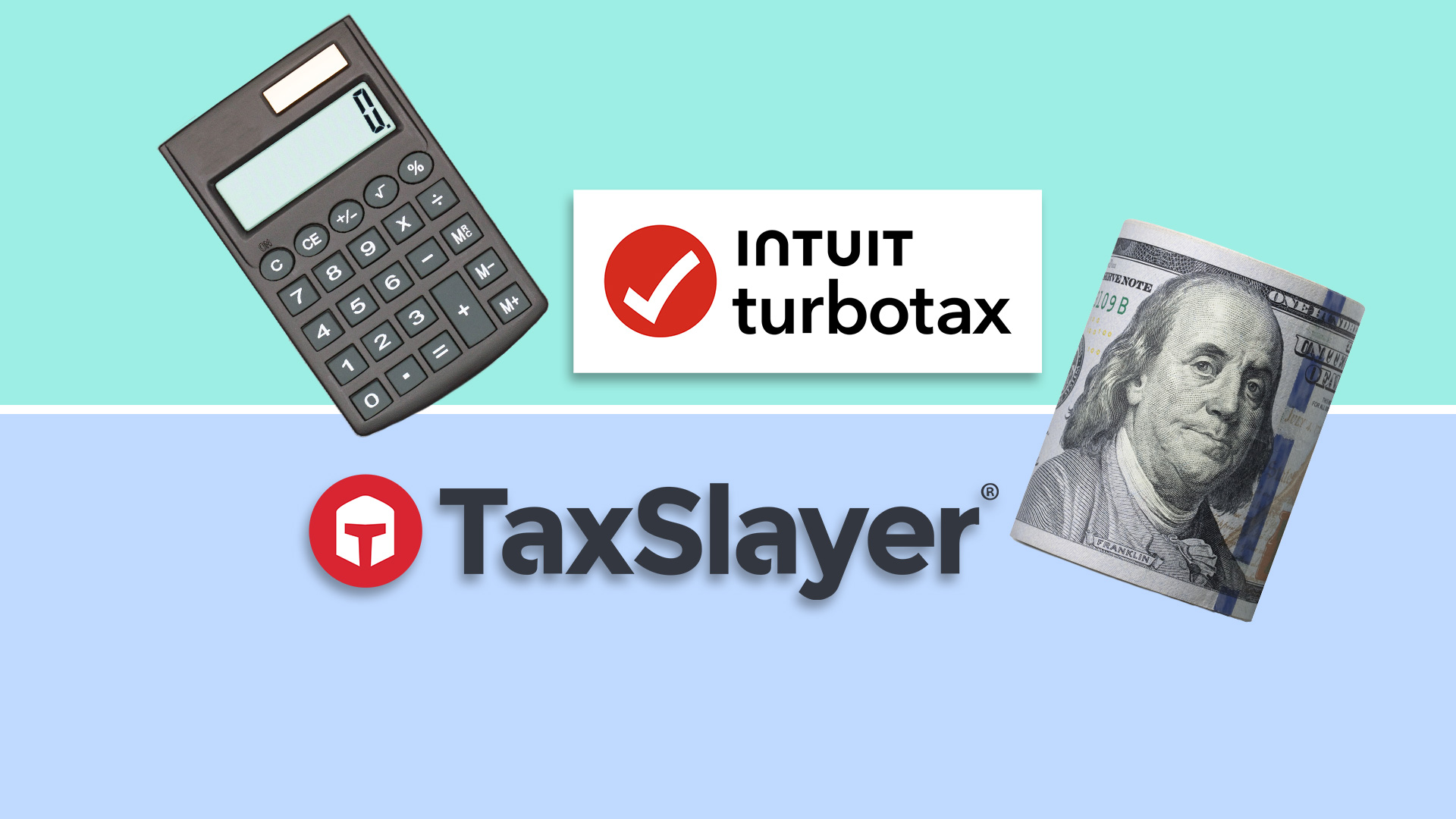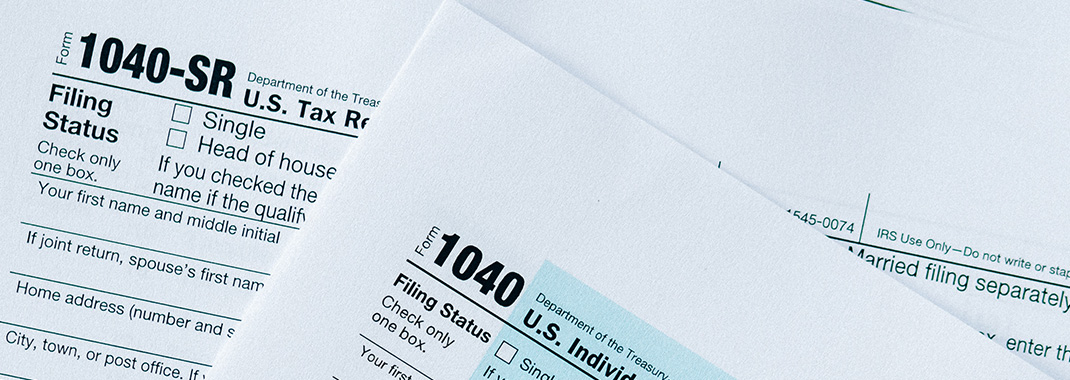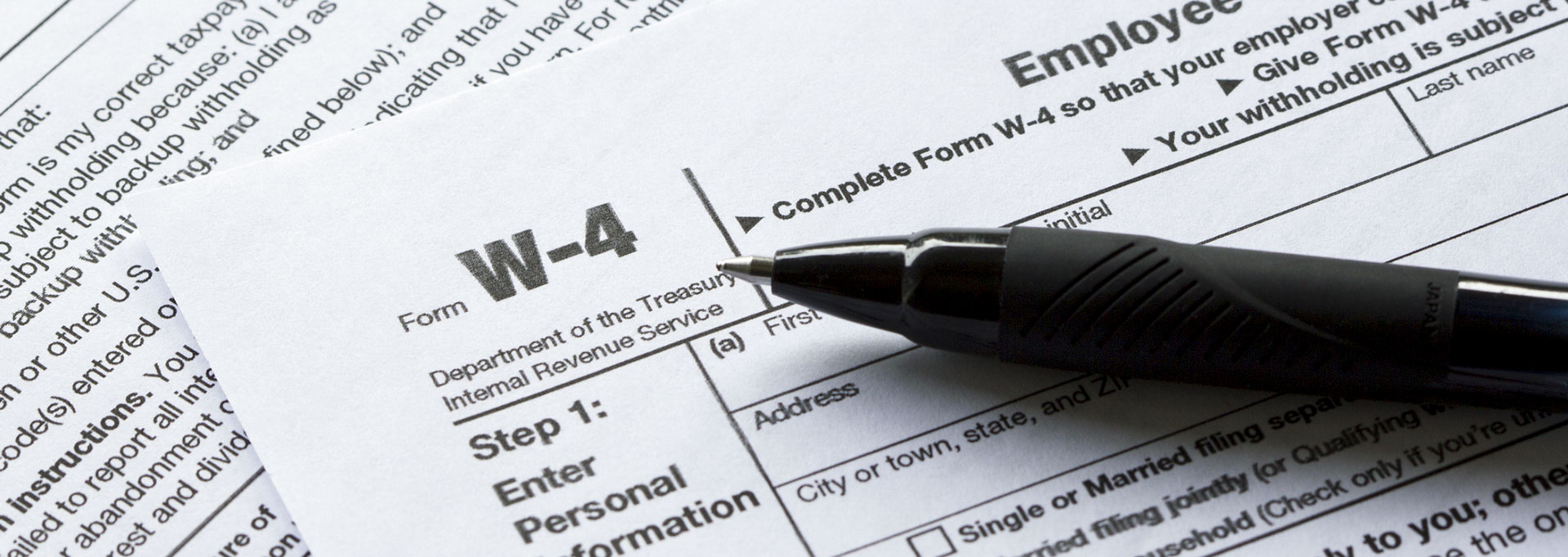Most products on this page are from partners who may compensate us. This may influence which products we write about and where and how they appear on the page. However, opinions expressed here are the author's alone, not those of any bank, credit card issuer, airline or hotel chain.
Recent statistics from PlayUSA show that 84% of people have been to a casino, and 60% make a trip or vacation out of it. But casinos only represent a portion of the gambling industry, with online gambling, lotteries, sports betting, and virtual reality gambling becoming more popular in recent years.
While many view gambling as just another form of entertainment, you do need to consider what to do with your earnings or losses during tax season. So what are the tax laws governing players who win or lose? We'll cover some tax tips for gambling income and what you need to know.
Do I Have to Pay Taxes on My Gambling Winnings?
Gambling winnings are taxable by law and must be reported as income on your tax return, according to the IRS. Besides traditional winnings, such as from casinos and betting establishments, taxable winnings include cash or other prizes gained from lotteries, raffles, sports betting, etc. If you win non-cash prizes like a car or trip, you must declare it at its fair market value. Foreigners and non-resident aliens also pay taxes unless they are exempt through a tax exemption treaty.
Five Tax Tips for Reporting Gambling Income
Here are some tips to help make the tax filing process easier when reporting gambling winnings and losses on your tax return, and some additional things to keep in mind as we head into tax season.
1. Use the Right Forms
When you win, the gambling establishment may provide you with a Form W-2G to report your winnings and any withheld state or federal taxes. When you file taxes, you must file your gambling winnings and losses as follows:
- Winnings: Use Schedule 1 (Form 1040) to list winnings, even those not recorded on a W-2G as “Additional Income,” in Part 1, 8b.
- Losses: You can deduct gambling losses that don't exceed your winnings as itemized deductions using Schedule A (Form 1040), but you need to provide records. It is your responsibility to properly track and report your losses by keeping accurate records of gambling winning and losses using receipts, statements, tickets, or other records as proof.
- Nonresident aliens: Foreigners and non-resident aliens will need to use Form 1040-NR if they are required to report their winnings. Generally, nonresident aliens in the U.S. cannot deduct losses from gambling. You can use this IRS resource to see if your winnings are exempt based on your country of residence, the type of gambling, and whether federal income tax was withheld on the winnings.
- Professional gamblers: For professional gamblers, gambling and gaming for profit are considered their “business” and self-employment income. You can use Schedule C (Form 1040) to report winnings as income and any losses as business expenses.
2. Report Earnings and Losses Correctly
Report your winnings and losses separately. Gambling establishments are required to provide a W-2G if your winnings are equal to or greater than:
- $600 in winnings in games other than those listed below, provided it is at least 300 times the amount wagered
- $1,200 winnings at bingo or on slot machines
- $1,500 winnings at keno
- $5,000 winnings in a poker tournament
Winnings below those amounts—and certain games common in casinos—do not require establishments to issue a W-2G. For example, table games like blackjack, craps, and roulette are considered games of skill rather than games of chance, so the establishment may not issue a form. In these cases, you're still responsible to report winnings to the IRS and pay taxes on winnings, so the burden of record-keeping will be on you. You can report any winnings that aren't on a W-2G on Schedule 1 (Form 1040). You can report losses that is backed by records on Schedule A (Form 1040).
Deducting losses can reduce the taxes you pay on winnings, but you are required to accurately itemize them and provide records of the losses. The losses deducted also cannot exceed the reported winnings. And the cost of gambling, such as purchasing tickets or buying in is not considered part of your “losses” and cannot be deducted from winnings.
 Related Article
Related Article
9 Best and Cheapest Online Tax Services
3. Keep Good Records
Proof of winnings and losses must be established with a paper trail. Make sure you keep records of all of the following:
- W-2G and Form 5754 (which reports winnings) issued by the establishment
- Wagering tickets
- Receipts
- Statements
- Payment slips
- Other paper or digital records
The IRS also recommends keeping a personal diary of winnings and losses, including locations, dates you gambled, types of gambling activities, and people you gambled with.
4. Avoid Audit Risks and Red Flags
Certain behavior—or lack of it—can raise red flags for the IRS and result in an audit.
- Not reporting winnings: Gambling institutions report their customer's gambling activity to the IRS if the winnings are over a certain threshold. So if you have earnings but don't report them, the IRS is going to find out.
- Too many losses: Losses deducted cannot exceed winnings, so if your reported losses are high and your winnings are low, this may raise a red flag. If you do itemize your losses as a deduction, make sure you have good records to back it up.
5. Understand Which Federal, State, and Local Taxes Apply
If your winnings exceed a certain threshold, the gambling establishment is required to provide you with a W-2G form, and federal taxes are withheld at a flat rate of 24%. State and local taxes may also be withheld.
For foreigners and non-resident aliens, federal taxes of 30% will likely be withheld on winnings where an establishment issues a W-2G. However, if you supply Form W-8BEN showing exemption by treaty, then federal taxes won't be withheld. State taxes on gambling winnings vary, as each state uses their own formula to determine state taxes.
In addition to state taxes, some local taxes might apply.
Since gambling winnings are reported as income to the IRS, the total winnings can affect your taxable income, and, therefore, your tax bracket. It's crucial that you keep records of losses so you can compare them to your winnings. The federal tax of 24% withheld is an estimated amount, and whether you owe taxes or get some of your money back depends largely on your overall tax filing.
What About Professional Gamblers?
Yes, gambling can be a profession. A professional gambler is defined as one who engages in the activity as a means of income or profit, and not for entertainment purposes.
They are therefore involved in gambling and gaming activities for profit on a regular and continuous basis. If this is the case, winnings are reported as income, and gambling expenses and losses are reported as business expenses. Professional gamblers use Schedule C (Form 1040).
Consult a Tax Professional for Help
Taxes can be complex when you mix in gambling winnings and losses on top of your regular income. Ensure your tax returns are completed accurately by working with a tax professional.
 Related Article
Related Article
3 Things to Know Before Paying for a Tax Preparation Service
Frequently Asked Questions
-
This depends. Deducting losses can reduce your taxes on your winnings, but it may not necessarily reduce your tax bill. Make sure you keep proper records so you can itemize deductions as losses on your return, and work with a tax professional if you need guidance.
-
Yes, they can if they increase your taxable income enough to push you into the next bracket. The IRS considers gambling winnings as income, so the total winnings can increase your taxable income. If you win enough to put you into a higher income tax bracket and don't have enough deductions to offset the increase, you may end up paying a higher tax rate.
-
Proof of losses must be established with a paper trail, evidenced by a W-2G issued by the establishment, tickets, receipts, statements, payment slips, or other records. The IRS also recommends keeping a diary of winnings and losses, including locations, days, and times.



















